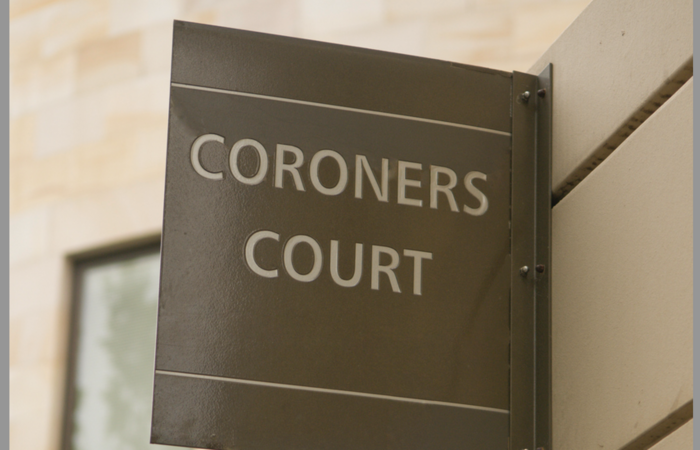Doctors can be reluctant to discuss SUDEP during patient consultations, warns coroner
In Analysis
Follow this topic
Bookmark
Record learning outcomes
A coroner’s report into the fatality of a woman from sudden unexpected death in epilepsy (SUDEP) has raised concerns that doctors may not be discussing the leading cause of death in people diagnosed with epilepsy during patient consultations.
Dorset coroner Brendan Joseph Allen issued his warning to the health secretary Wes Streeting after concluding Amber Grace Walker died of natural causes following a post-mortem which revealed the medical cause of death as SUDEP.
She was found dead in her bedroom on April 19, 2023, having appeared to be well at around midnight. Ms Walker was prescribed lamotrigine and topiramate for her epilepsy and she also had attention deficit and hyperactivity disorder.
The report said SUDEP and her increased risk of death did not come up during a face-to-face consultation with a consultant neurologist on March 8, 2023. Ms Walker had suffered a series of seizures in August 2022 and was taken to hospital where she had another seizure.
In November that year, she spoke with an epilepsy nurse specialist and suffered two more seizures in the month before the consultation with the consultant neurologist.
The report said she declined an increase in her topiramate medicine which “may have reduced the risk of further seizures which, in turn, may have decreased Amber’s risk of sudden unexpected death in epilepsy”.
“There was no discussion in the consultation about SUDEP and Amber’s increased risk, given her uncontrolled generalised tonic-clonic seizures that she experienced at night,” Allen said in his report.
Suggesting the risk of death from SUDEP “is widely quoted as one in 1,000 of those diagnosed with epilepsy”, he said: “Doctors can be reluctant to discuss SUDEP with patients and/or presume it is a discussion that has been had at previous appointments with colleagues that does not need repeating.”
Allen said tools such as the SUDEP and Seizure Safety Checklist can facilitate discussions “but are not used universally” and warned SUDEP “is not covered in the medical training of doctors”.
“The SUDEP Checklist can be used by any medical practitioner who may come into contact with a patient with epilepsy,” he said. “Discussions about SUDEP ensure that patients are aware of the general risks of SUDEP, the risks that are specific to the patient and the measures that can be taken to mitigate the risk.”
Giving Streeting until December 16 to respond to the report, which was also sent to Guy’s and St Thomas’ NHS Foundation Trust, Allen added: “It is not only neurologists that will encounter patients with epilepsy where a discussion regarding SUDEP may be required, as demonstrated by Amber’s experience.”

